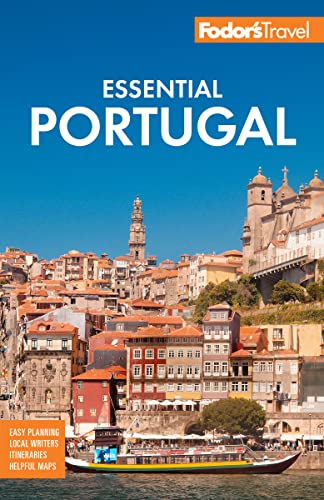A Bit of History
This region has played an important role in Portugal's development. The Romans built roads, established settlements, and in 27 BC incorporated into their vast empire the remote province known as Lusitania, which encompassed most of what is now central Portugal, including the Beiras. They left many traces of their presence: for proof, witness the well-preserved ruins at Conímbriga, near Coimbra. The Moors swept through the territory in the early 8th century and dominated the region for several hundred years. Many of the elaborate castles and extensive fortifications here show a strong Moorish influence. The towns along the Spanish frontier have been the scene of many fierce battles—from those during the Wars of Christian Reconquest to those during the fledgling Portuguese nation's struggle against invaders from neighboring Castile.
The Beiras also played a part in Portugal's golden Age of Discovery. In 1500 Pedro Álvares Cabral, a nobleman from the town of Belmonte on the eastern flank of the Serra da Estrela, led the first expedition to what is now Brazil. Much of the wealth garnered during this period, when tiny Portugal controlled so much of the world's trade, financed the great architectural and artistic achievements of the Portuguese Renaissance. Throughout the region there are fine examples of the Manueline style, a uniquely Portuguese art form that reflects the nation's nautical heritage. The cathedrals at Guarda and Viseu, the Igreja e Mosteiro de Santa Cruz (Church and Monastery of Santa Cruz) in Coimbra, and the Convento de Jesus (Convent of Jesus) in Aveiro are especially noteworthy.
During the 19th-century Peninsular War, between Napoléon's armies and Wellington's British and Portuguese forces, a decisive battle was fought in the tranquil forest of Buçaco. Later in the same century, this area witnessed a much more peaceful invasion, as people from all corners of Europe came to take the waters at such well-known spas as Luso, Curia, and Caramulo. Around the turn of the 20th century, when the now tourist-packed Algarve was merely a remote backwater, Figueira da Foz was coming into its own as an international beach resort.




